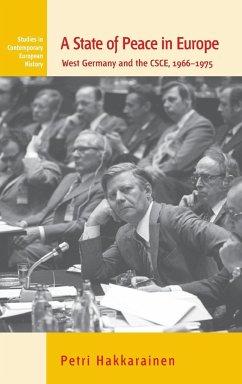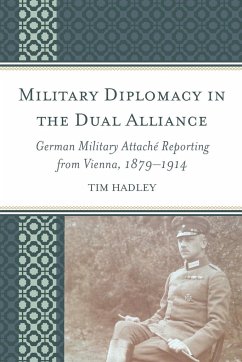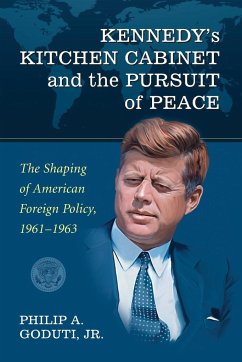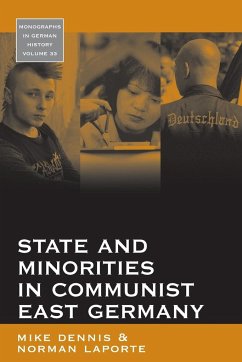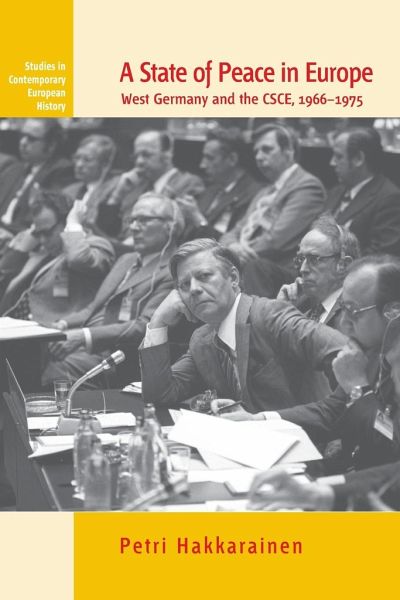
A State of Peace in Europe
West Germany and the CSCE, 1966-1975
Versandkostenfrei!
Versandfertig in 1-2 Wochen
23,99 €
inkl. MwSt.
Weitere Ausgaben:

PAYBACK Punkte
12 °P sammeln!
From the mid-1960s to the mid-1970s West German foreign policy underwent substantial transformations: from bilateral to multilateral, from reactive to proactive. The Conference on Security and Cooperation in Europe (CSCE) was an ideal setting for this evolution, enabling the Federal Republic to take the lead early on in Western preparations for the conference and to play a decisive role in the actual East-West negotiations leading to the Helsinki Final Act of 1975. Based on extensive original research of recently released documents, spanning more than fifteen archives in eight countries, this ...
From the mid-1960s to the mid-1970s West German foreign policy underwent substantial transformations: from bilateral to multilateral, from reactive to proactive. The Conference on Security and Cooperation in Europe (CSCE) was an ideal setting for this evolution, enabling the Federal Republic to take the lead early on in Western preparations for the conference and to play a decisive role in the actual East-West negotiations leading to the Helsinki Final Act of 1975. Based on extensive original research of recently released documents, spanning more than fifteen archives in eight countries, this study is a substantial contribution to scholarly discussions on the history of détente, the CSCE and West German foreign policy. The author stresses the importance of looking beyond the bipolarity of the Cold War decades and emphasizes the interconnectedness of European integration and European détente. He highlights the need to place the genesis of the CSCE conference in its historical context rather than looking at it through the prism of the events of 1989, and shows that the bilateral and multilateral elements (Ostpolitik and the CSCE) were parallel rather than successive phenomena, parts of the same complex process and in constant interaction with each other.




